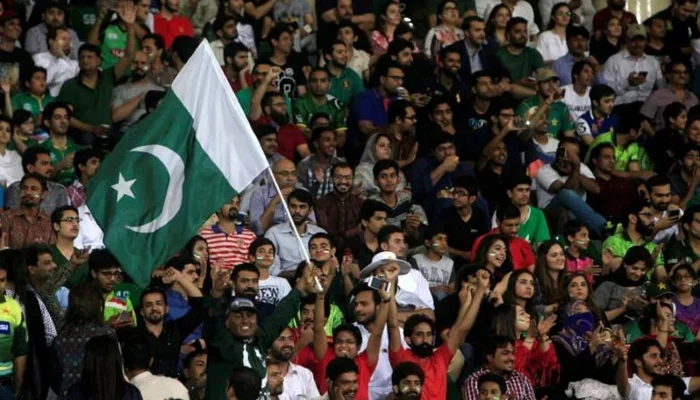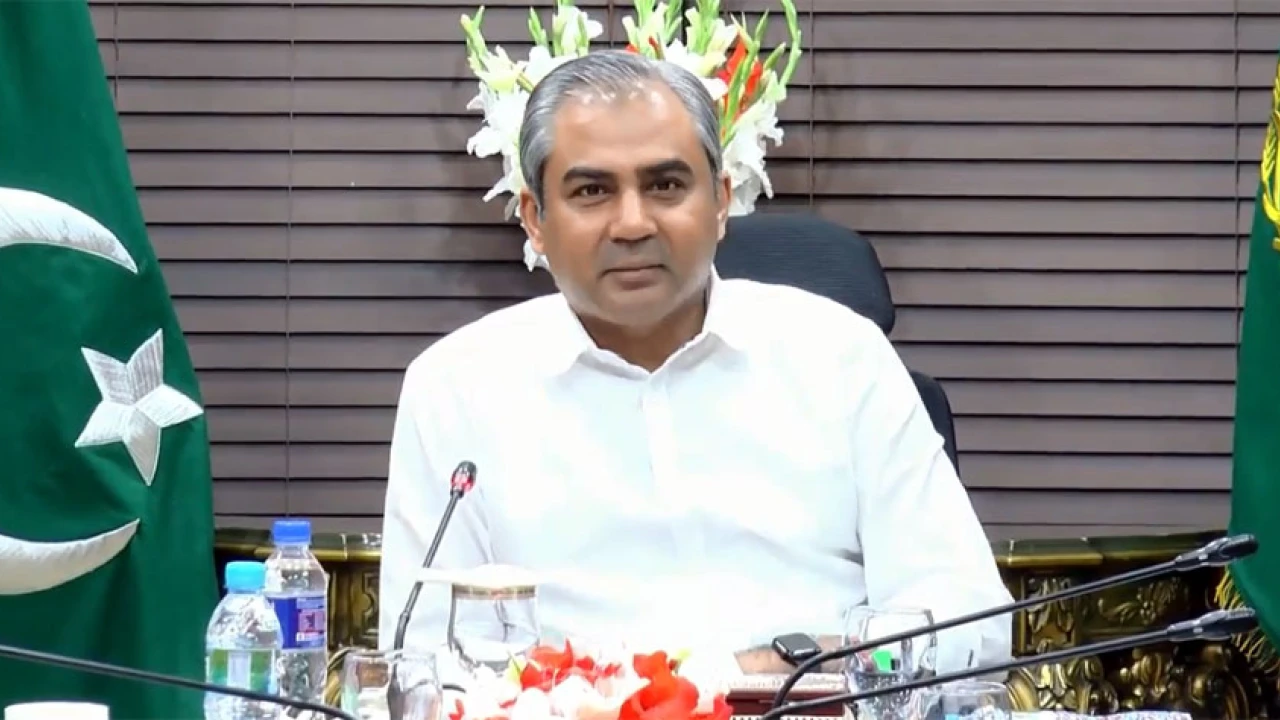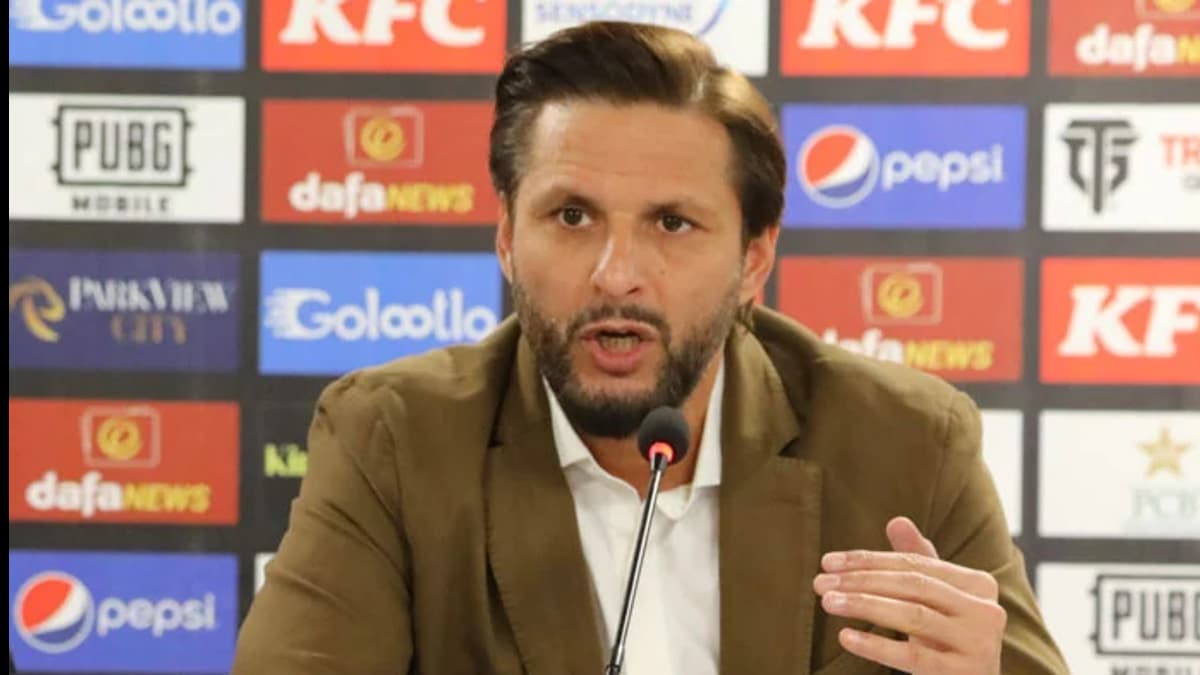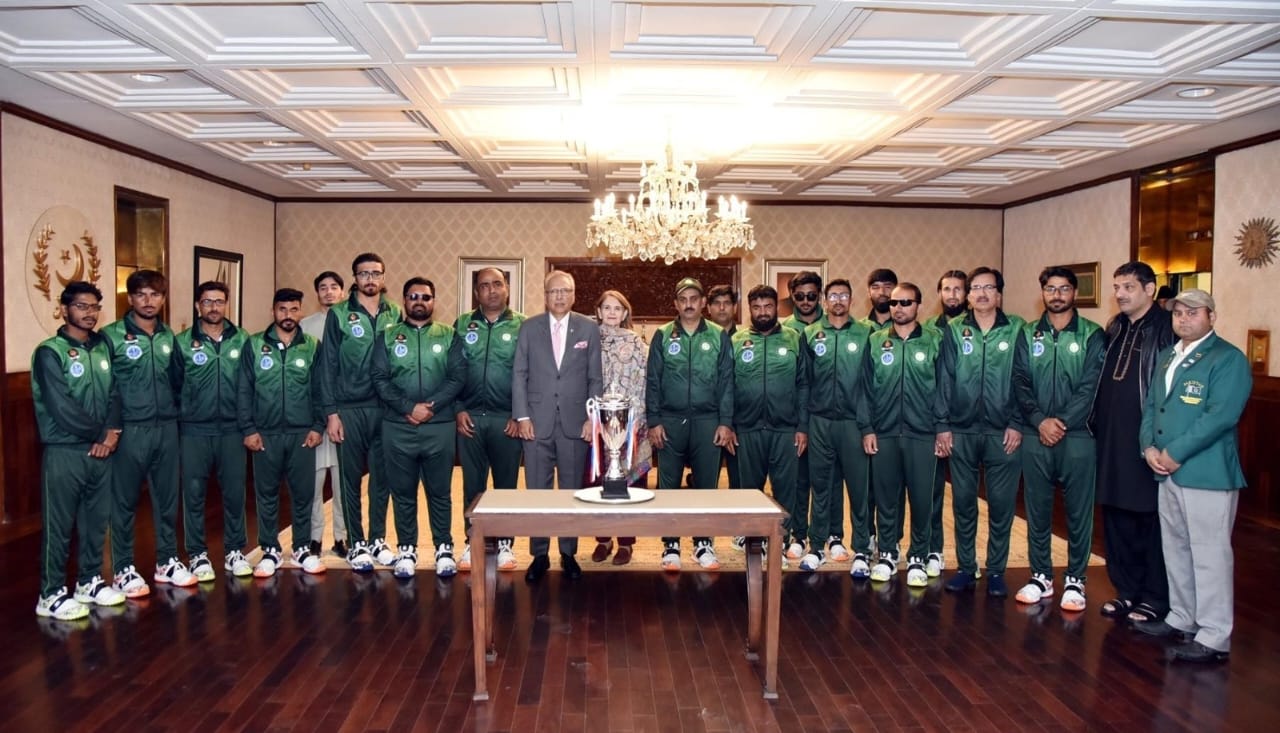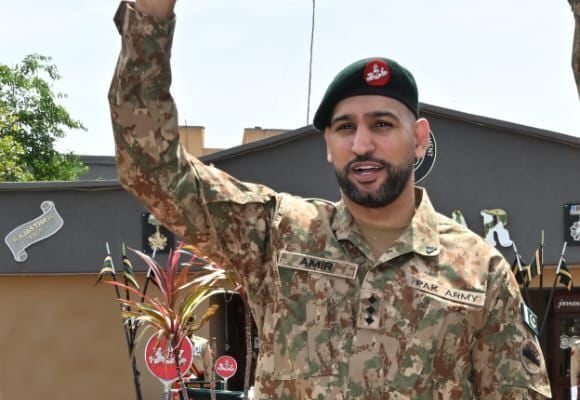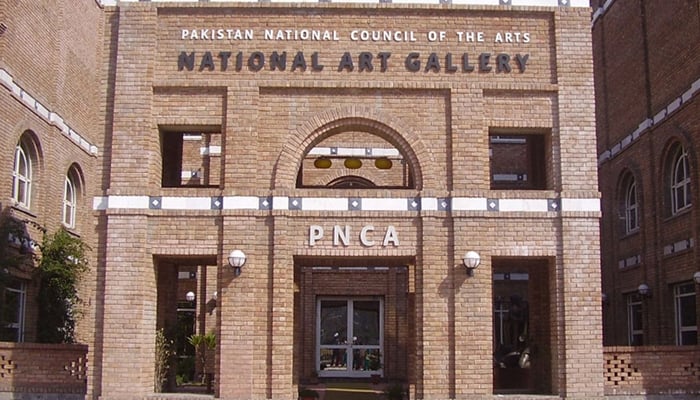CPSS demands civic education be added to curriculum
The meeting of educationists, scholars, writers, journalists, religious leaders and other stakeholders meant to discuss the best approach to introduce civic education into the school curriculum had the misfortune of falling prey to its own grievances.
Centre for Peace and Secular Studies Executive Director Saeeda Diep chaired the meeting to formulate a plan of approach for introducing the newly published children’s school book to the government and inducting it into Pakistan’s educational system.
Unfortunately, there seemed to be far too many people talking about why civic education was needed, and not enough commenting on how to provide it. Representatives of religious minority groups and transgender groups were outspoken about the shortcomings they face in society. Similarly, the educationists pointed out hurdles in educating the masses in villages and minor cities.
These speakers certainly became fantastic examples of why Pakistan needs to formalize civic education, and how the lack of awareness of the rights of people has crippled many categories of society, but airing those grievances aids little in the way of progress. This was not a setting of protest, or the presentation of a bill. Each attendee was prima facie in favor of the proposed book, and yet all too much time was spent justifying the existence of a product that already existed.
Director of Centre for Human Rights Education Samson Salamat pointed out how teachers in various schools would often encourage Christain students to convert to Islam, and how the re-education of teachers may decrease such incidents. Unfortunately, he did not outline any means to encourage that re-education.
While journalists from organizations such as Minute Mirror and Express Tribune attempted to outline the role social media or extracurricular activities could play in introducing the proposed curriculum, other attendees bemoaned the lack of action from MPAs and MNAs in these sorts of ventures.
The meeting seemed to highlight the issue of the bureaucratic process. It begged the question: can a fire be put out from inside the house? Over the two hours of discourse, there was a great show of passion for change, but little conversation on its practical steps. In a manner, the attendees embodied the inactivity of governmental bodies they complained about.
The actions of CPSS in distributing the books among 6,000 recipients so far are commendable, but a drop in the bucket when compared to the social effect they aim to have. It becomes all the more appreciable knowing that the steps have been taken.
Perhaps there is a lesson in irony here. In a democratic state, each citizen is in a sort of social contract with its government, the exchange of lawfulness and rights. The need for civic education was to inform citizens of their rights, but in the current status quo, where those rights are not being met, the social contract arguably stands void. Proponents of change have often been from outside the circles of power. CPSS and NGOs like it may benefit by starting from a place of independent movement, rather than circling back to bringing the local and federal governments on board.




